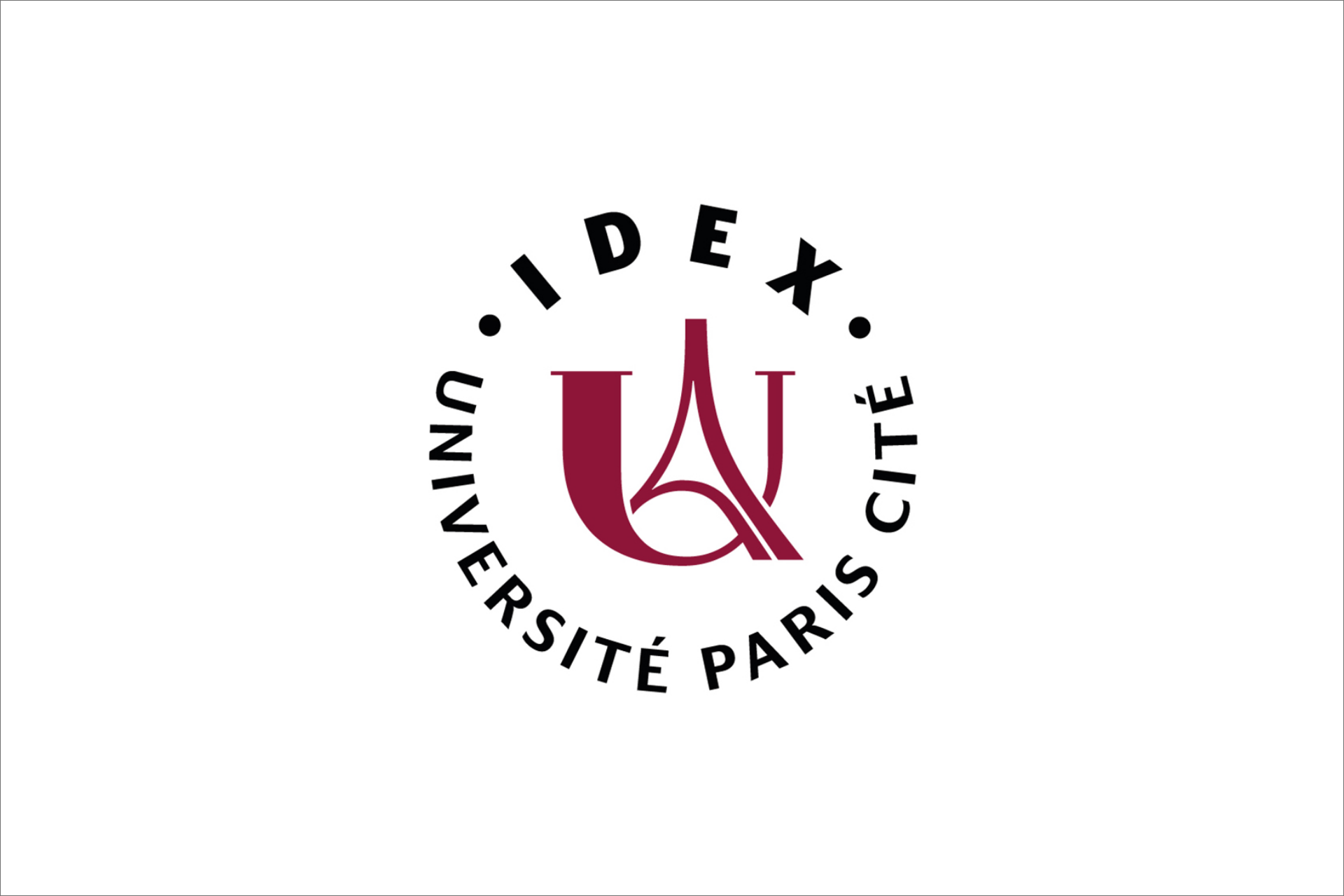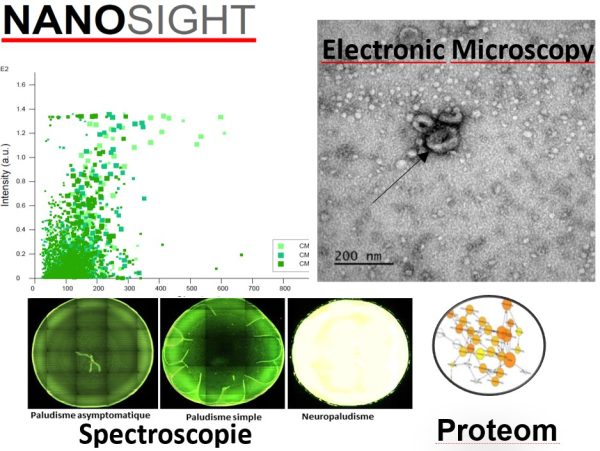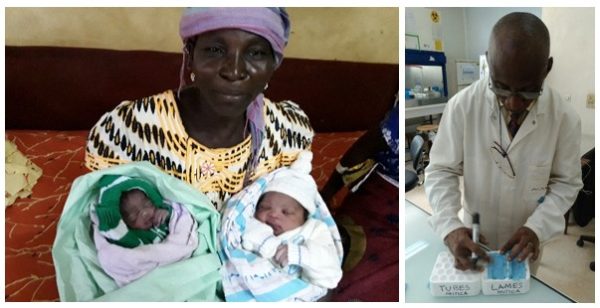

PEXCELV – Vaesicles extra-thelular: contribution in the pathogenesis of cerebral malaria and source of biomarkers and therapeutic targets
The objective of the PEXCELV project is to study, through an integrative multidisciplinary approach combining physicochemical, biological and omics analyses, the characteristics of extracellular vesicles and their contribution to the pathophysiology of cerebral malaria in humans. This project funded by Idex is led by Rachida Tahar and takes place at the MERIT laboratory at Paris Cité University in collaboration with Kelly Aubertin UMR 7057 Matter and Complex Systems Laboratory UPC, Production and Engineering Technological Expertise Platform and characterization of Extracellular Vesicles for Personalized Therapies (IVETh), Bruno Saubaméa UMS 3612 CNRS -US25 INSERM Cellular and Molecular Imaging Laboratory, Mixed Service Unit Faculty of Pharmacy and Chiara Guerrera US24 INSERM, SFR Necker, Faculty of Medicine, UPC.
 AIMEE – Association between Inflammation and a Dysbiotic Microbiota and/or Environmental Enteropathy
AIMEE – Association between Inflammation and a Dysbiotic Microbiota and/or Environmental Enteropathy
The AIMEE project seeks to evaluate whether intestinal dysbiosis associated with pediatric environmental enteropathy i) “comes” from a dysbiosis of the oral cavity accompanied by prior inflammation in the oral cavity or ii) if the taxa relating to dysbiosis intestinal come from a disruption of the intestinal environment beforehand which would allow the “decompartmentalization” of the gastrointestinal tract and the colonization of the intestine by species associated with the oral cavity. This is essential to establish a proof of concept on the pathophysiological mechanisms leading to/accompanying intestinal dysbiosis causing growth retardation. The results of the AIMEE project will be used to establish effective measures for the prevention of intestinal dysbiosis and pediatric environmental enteropathy. This project funded by Idex is led by Violeta Moya-Alvarez and will take place at the MERIT laboratory in collaboration with Prof. Philippe Sansonetti, Professor Emeritus at the Institut Pasteur and Professor at the Collège de France, the Epidemiology Unit from the Pasteur Institute in Bangui, and Prof. Julio Aires, Professor at Paris Cité University.

NACOPAKI – Identification of NAnatural COmpounds targeting malaria PArasite pyruvate Kinases
Identification of natural compounds targeting pyruvate kinases Plasmodium falciparum, malaria agent
Plasmodium falciparum is the parasite responsible for malaria, the leading cause of parasitic mortality in the world. According to the WHO, malaria caused 608 deaths in 000, mainly among children under five years old. It is therefore essential to enrich the therapeutic arsenal against this disease.
The NACOPAKI project is funded by the Idex of Paris Cité University and associates the UMR MERIT (PI: Anaïs Merckx, in parasitology and biochemistry) and the UMR CiTCoM / Natural Products Analysis and Synthesis team (PI: Sabrina Boutefnouchet, in pharmacognosy and chemistry) from the Faculty of Pharmacy of Paris Cité University. The objective of the project is to identify inhibitors of 2 protein kinases of falciparum which appear to be therapeutic targets of choice. Through screening in silico we identify natural compounds from the PNAS team's chemical library, likely to interact with the two proteins. We then propose to evaluate vitro these compounds and analogues from the chemical library for their interactions with proteins, their inhibition of enzymatic activities vitro, and their inhibition of parasite growth in vitro. The expected results will provide the first essential elements for the optimization of natural compounds and will allow the development of specific inhibitors of parasitic development.
 AIMEE – Association between Inflammation and a Dysbiotic Microbiota and/or Environmental Enteropathy
AIMEE – Association between Inflammation and a Dysbiotic Microbiota and/or Environmental Enteropathy